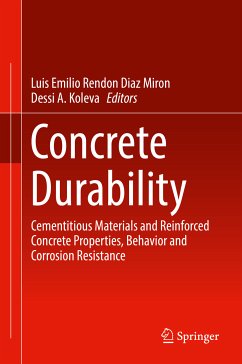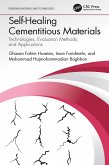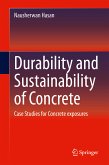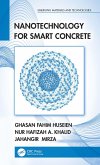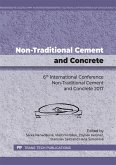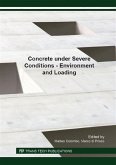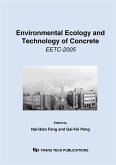- Characterizes supplementary cementitious materials used for making concrete;
- Details the properties of concrete and the components, essential for concrete manufacturing including Portland cement, calcium sulfate, fly ash, and cupola slag;
- Explains the necessary treatments for the preparation of concrete during the manufacturing process.
- Describes the major durability-related challenge for reinforced concrete structures i.e. chloride-induced steel corrosion, in view of sensors and sensor technology for early corrosion detection.
- Defines stray-current induced corrosion and the consequences for both steel and concrete bulk matrix.
- Illustrates the potential of hybrid nano-materials to affect both steel and concrete, targeting corrosion control and superior performance of reinforced concrete structures.
- Targets dissemination of fundamentally substantiated mechanisms and verification of innovative applications, in view of bringing confidence for industrial utilization of novel solutions or practices in civil engineering.
Dieser Download kann aus rechtlichen Gründen nur mit Rechnungsadresse in A, B, BG, CY, CZ, D, DK, EW, E, FIN, F, GR, HR, H, IRL, I, LT, L, LR, M, NL, PL, P, R, S, SLO, SK ausgeliefert werden.

